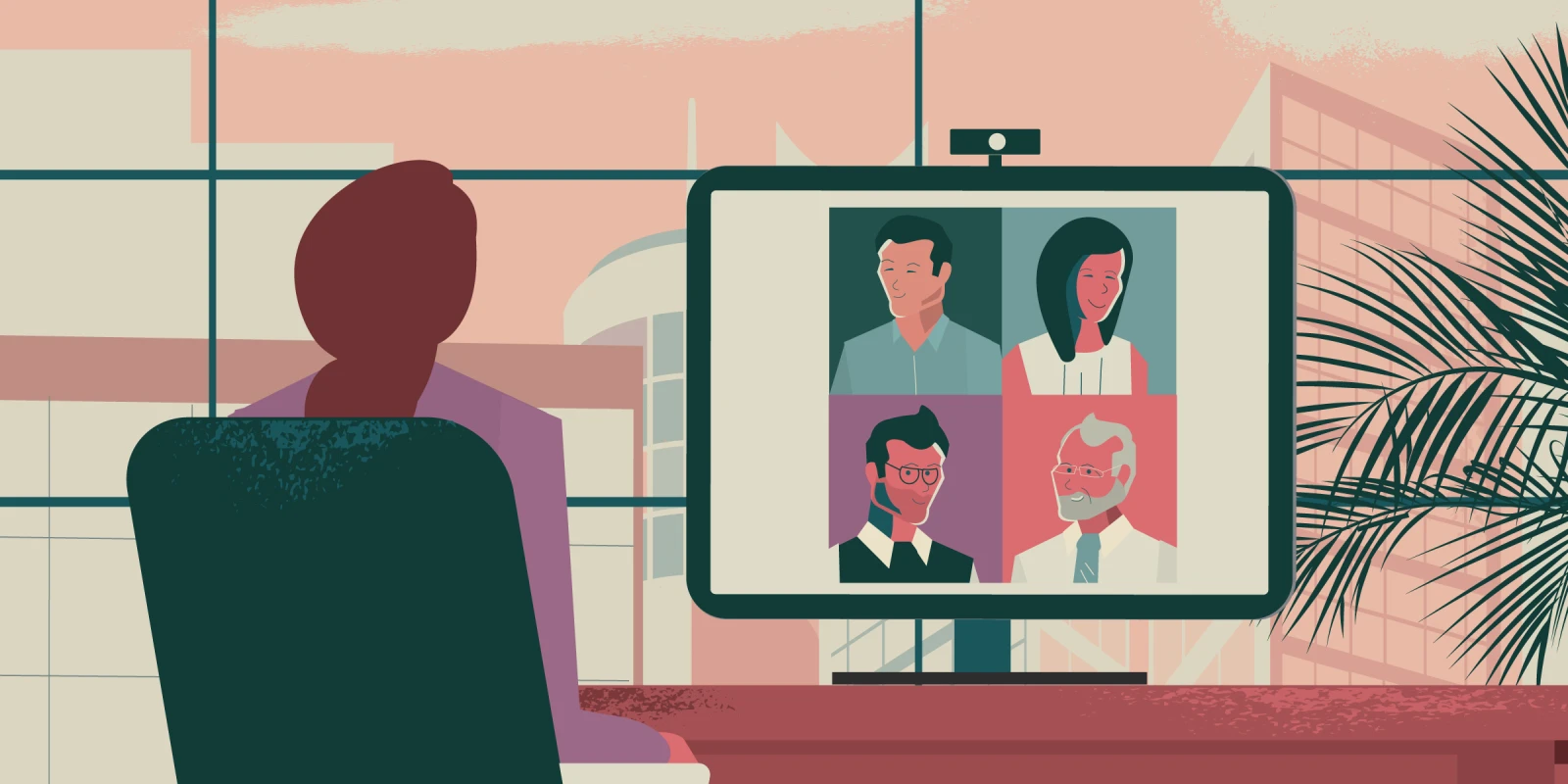The 2020 annual meeting of the American College of Gastroenterology (ACG), instead of being live in Nashville, Tennessee, was held virtually due to the COVID-19 pandemic. This was the first major U.S. meeting of a gastroenterology society since February of this year. Usually this meeting has a registration of 3,500-5,000 people during the five days of offerings, including Friday specialty courses, the postgraduate course, and three days of science and clinical symposia. This year, all of the offerings of the postgraduate course were bundled into the registration price for all-access, which otherwise required participants to choose up to two breakfasts and two lunches.
The virtual platform used to host this meeting was nothing short of amazing. The visual layout of the home page mirrored the viewpoint of standing in the entryway of a convention center and was easy to navigate for all options, including attending symposia, reviewing posters, or visiting exhibitors. Posters were actually easier to visit, because presentations were recorded and attendees had the ability to send the presenter a question or feedback, which made it interactive. Award-winning posters were specifically identified as well.
Without the constraints of a budget for travel, more people could register and participate than ever before. One big advantage to the ACG is that the annual meeting is always free of charge, and it was no different this year. With recorded lectures and presentations available until the end of 2020, there was hardly a reason not to register, which was reflected in the more than 7,000 registrants for this year’s meeting. This actually allowed for more interaction and networking than in years past. Some important sessions like the Plenary sessions were held live, but shifted to later in the day so that attendees could potentially work half a day and still log on to listen. Other sessions were taped but had designated times when the speakers were available as a live panel for Q&A. The meeting and links to register were well advertised in advance, with emails going out to the membership on a regular basis weeks before the meeting. During the meeting, there was a hotline number for questions about schedules and connectivity. Participants could build their own calendar and the links to the sessions actually worked. For receptions, attendees via Zoom were initially all together but after a few minutes, the ACG staff was able to randomly separate people into groups of 20 into smaller meeting rooms. This allowed for everyone to be able to see each other on a single screen and have a conversation. I honestly think this worked better than a live session, as it allowed for everyone to meet others they would not have otherwise met, and engaged everyone equally which is not what happens at receptions where some end up quietly at a table in the corner of the room and never speak to anyone except the person they came with. A new feature this year was special interest sessions where people could log on to speak with experts in a field (inflammatory bowel disease, functional disease), which was well attended.
Plenary sessions had the same format as previous years with clinically relevant research from a variety of categories including biliary/pancreas, colon, CRC, esophagus, functional diseases, GI bleeding, IBD, endoscopy, liver, small intestine, and practice management. Timely this year were COVID-19 topics including liver injury and increased mortality, the use of video capsule endoscopy to save on resources during COVID, and how telemedicine to deliver health care has changed the gastroenterology landscape. In addition, gastrointestinal symptoms that can present as COVID-19 infection and the sobering consequences of not getting care during this time (such as an increase in colon cancer cases).
In addition to research presented were the timely clinical symposia on topics important to providers of GI care, including APPs, who now number significantly among our membership and ask for more educational offerings. The meeting also featured all the special-named lectures, plus a bonus presentation this year by Dr Howard Koh, past Assistant Secretary for Health during the H1N1 epidemic with his thoughts on the current COVID-19 crisis.
Not being able to see one another is a challenge for any meeting but this platform and format is the future for all large meetings. It offers flexibility to registrants and is certainly much more environmentally friendly. Having material on demand allows for more visualization as well and a higher return on investment for the host society. If done correctly, as this certainly was, it can be a better educational experience for attendees. Nothing replaces human face-to-face interaction but this is certainly the next best thing.







